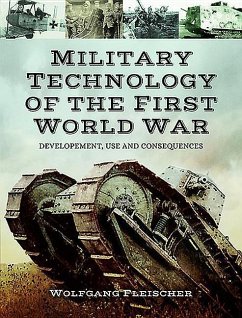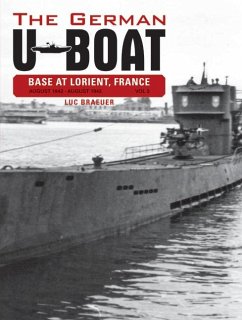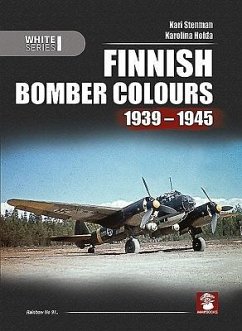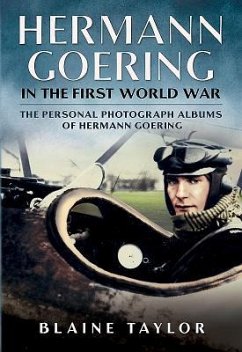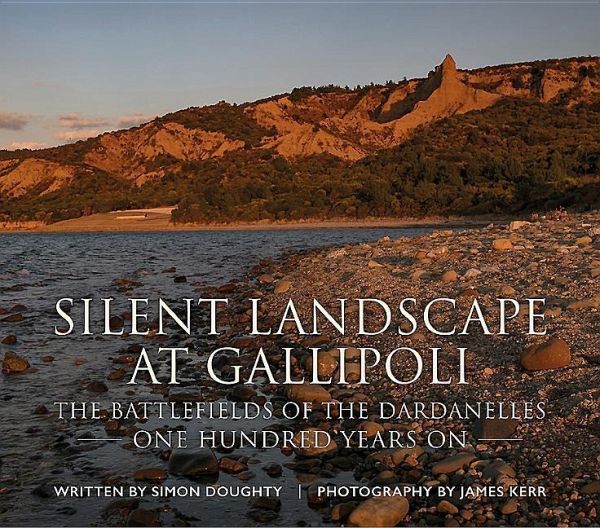
Silent Landscape at Gallipoli
The Battlefields of the Dardanelles, One Hundred Years on
Fotograf: Kerr, James
Versandkostenfrei!
Versandfertig in über 4 Wochen
43,99 €
inkl. MwSt.

PAYBACK Punkte
22 °P sammeln!
In our first book, we explored the impact of the fighting on the landscape of the Western Front - showing how the physical effects of war have left indelible traces; in this book, we follow the same theme, but from a different perspective. The Gallipoli campaign was planned in early 1915 - an imaginative, but flawed attempt to overcome the stalemate in France and Flanders. The idea was Churchill¿s: to force the narrow straits of the Dardanelles by naval power alone - a romantic notion for a generation schooled in the great myths of the Ancient World and the omnipotent power of the British Emp...
In our first book, we explored the impact of the fighting on the landscape of the Western Front - showing how the physical effects of war have left indelible traces; in this book, we follow the same theme, but from a different perspective. The Gallipoli campaign was planned in early 1915 - an imaginative, but flawed attempt to overcome the stalemate in France and Flanders. The idea was Churchill¿s: to force the narrow straits of the Dardanelles by naval power alone - a romantic notion for a generation schooled in the great myths of the Ancient World and the omnipotent power of the British Empire. Rupert Brooke was one of them: ¿It¿s too wonderful for belief. I had not imagined Fate could be so kind. Will Hero¿s Tower crumble under the 15-inch guns? ¿. Shall I loot mosaics from St Sophia, and Turkish Delight and carpets? Should we be a Turning Point in History? Oh God! I¿ve never been quite so happy in my life I think. I suddenly realise that the ambition of my life has been ... to go on a military expedition to Constantinople¿. The reality was different: the navy failed to get through the straits. The only option was to land troops on the Gallipoli Peninsula to destroy the Turkish guns, but even then it was thought that all of this could be achieved without much effort. Gallipoli was seen as a sideshow, where the benefits of victory were never matched by the resources needed. The British underestimated their enemy - assuming that old naval ships, inexperienced troops and senior commanders from an era of colonial warfare was all that was needed; they were wrong.Rupert Brooke died on 23 April 1915 - two days before the landings - and the campaign was to last for eight months to great cost and no effect. The Turkish defence was stalwart and competent, and fighting was at close quarters in appalling conditions across deep ravines, on ridges and on plateaus. The objectives - the high ground a few miles inland - were never reached by the attackers, who remained trapped in an alien and narrow ¿no man¿s land¿ thousands of miles from home. The romanticism of this place evaporated in the face of disease, a lack of food and water and in death.Gallipoli was abandoned by the British in early 1916. Given the nature of the fighting, it might be assumed, following such a short campaign, the evidence of war has long since disappeared, but it has not: the natural features over which the fighting took place remain, as do the shadows of trenches; the skeletal-like hulls of landing craft on the shoreline; and the wrecks of more than 200 ships on the seabed beyond. There is a discernible presence here; the landscape has absorbed the events that took place here a century ago.Gallipoli lies at the gates to the East and just a few miles north of the ancient City of Troy. For just a short time in early 1915, it seemed that this place held the key to an imagined world beyond; it did not, and the only true victors were the Turks. For the British, it was a dreadful defeat with no consolation, while for the Australians and New Zealanders, it was a defining moment in their journey to national identity. Today, the battlefield is almost untouched by time - a lonely and haunted place... remote under an idyllic Aegean sky.



